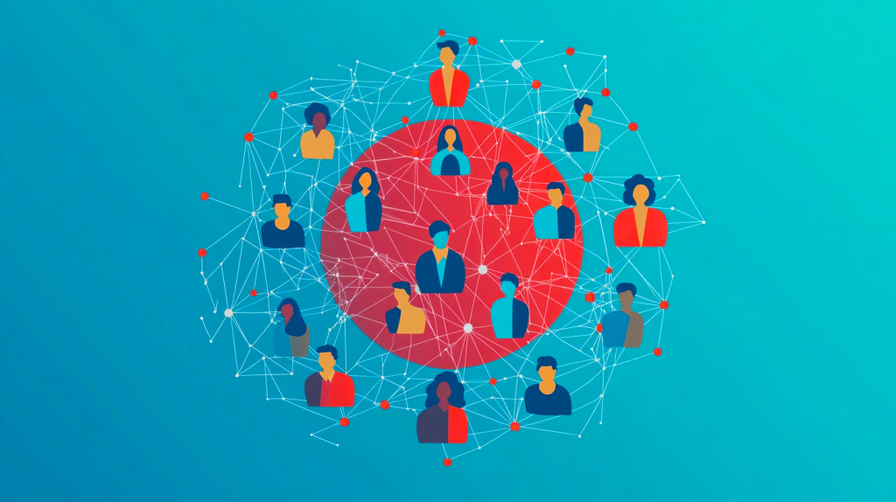AI in Digital Participation Tools – Where Do We Stand? - Democracy Technologies

my notes ( ? )
"The most common AI-based functionalities in participation tools are toxicity screening, analysis of inputs and translation. The first two in particular are meant to lighten the workload" of community managers.
"Toxicity screening ... is used to flag hateful or inappropriate inputs." Text is usually flagged and post-moderated, but images are blocked before a human can unblock it, as "text can be harmful, it is rarely illegal, unlike images and videos, which can more easily cross legal lines.”
"AI-based analysis of participants’ inputs", like the EC's DORIS tool, "sort inputs into different categories... within each category are then grouped with similar ideas."
None of this is new - it's basic NLP. But LLMs now "also provide written summaries ... or allow users to interact with them via chatbot", although they are less reliable.
"make.org platform uses AI-based anomaly detection to identify potential trolls" and "uses an algorithm to ensure that all proposals are shown to the same number of participants" to prevent early ideas rolling over everything else.
Future ideas
- "Urban Utopia [will] use AI image generation to visualise ideas for urban design
- "Policy Synth... create policy-making processes in which humans collaborate with various AI agents" using agentic workflows - where "a combination of several AI agents tasked with correcting each other" - to compensate for hallucinations
- Ai agents to help users write better proposals, or "guide project managers through the steps of process design"
- " scaling up deliberative processes such as citizens assemblies... AI facilitators could run numerous small group discussions simultaneously", for example a " large-scale AI-supported deliberative processes ... conducted by Stanford’s Deliberative Democracy Lab", although "the AI moderator was considerably less active than a human ... merely monitoring discussions for toxicity and sentiment ... ensuring that everyone got a chance to speak"
- "to make citizens assemblies more accessible to outsiders. Panoramic ... lets people ask questions on the proceedings... and links directly to relevant sections in video recordings and written documentation."
Most players in this space seem pretty wary of "Delegating decision-making to algorithms ... [which are] unstable in terms of regulatory and ethical frameworks". AIs must be trustworthy and bias free.
Read the Full Post
The above notes were curated from the full post democracy-technologies.org/participation/ai-in-digital-participation-tools/.Related reading
More Stuff I Like
More Stuff tagged community , troll , ai4communities , participation , ai , agent
See also: Online Strategy , Online Community Management , Social Media Strategy , Digital Transformation , Innovation Strategy , Psychology , Social Web , Politics , Communications Strategy , Science&Technology